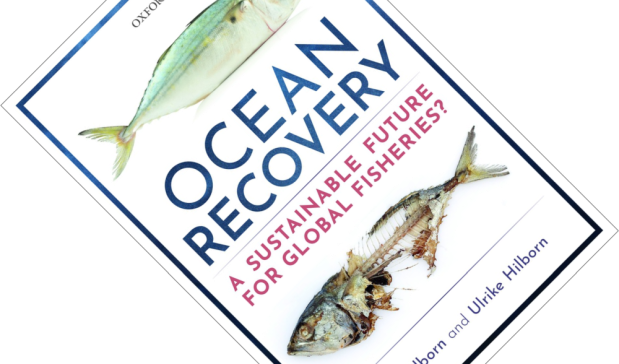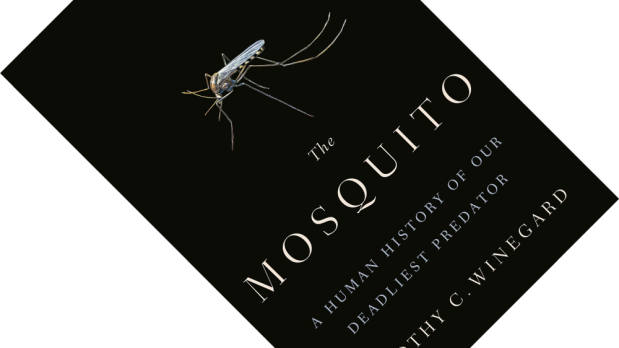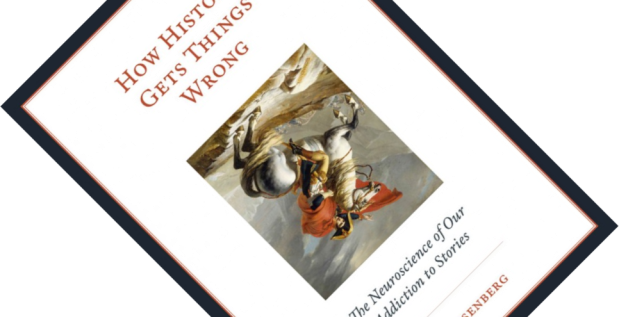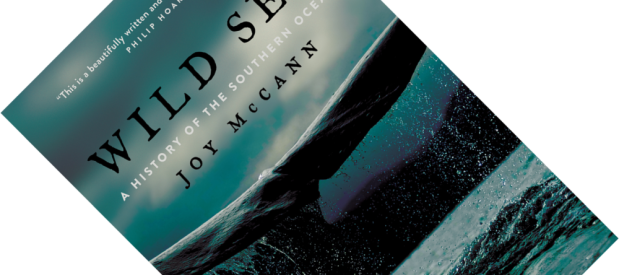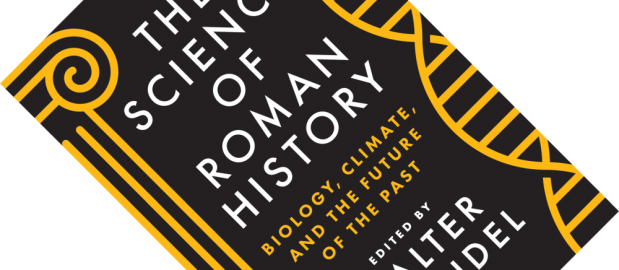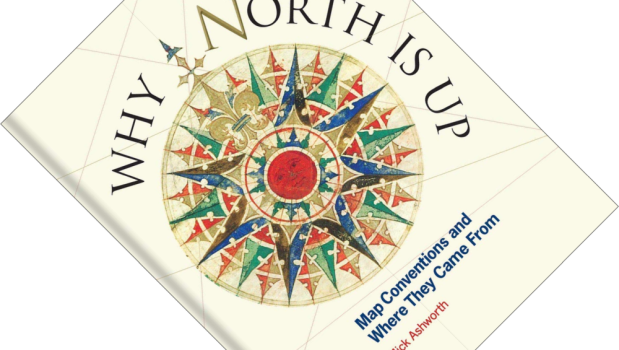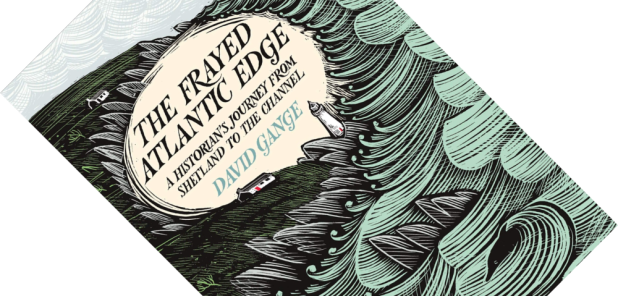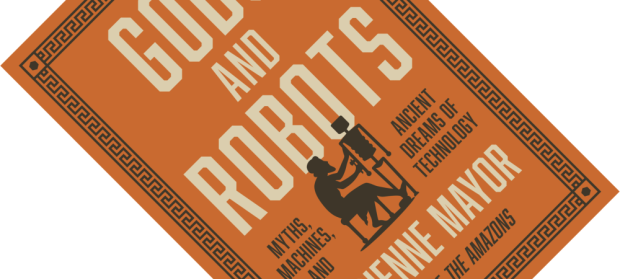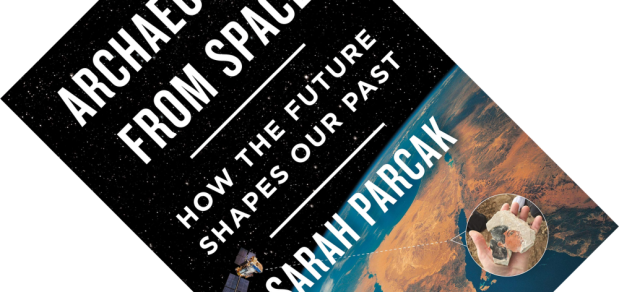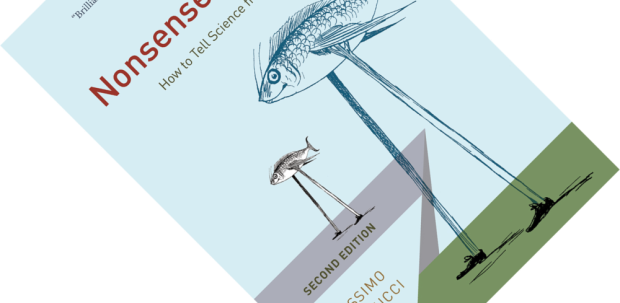7-minute read
Overfishing is a topic I can get particularly fired up about. But how bad is the situation really? Am I buying too much into the stories of gloom, doom, and impending fisheries collapse that is the bread and butter of environmental organisations? Ocean Recovery is a short and snappy book by fisheries scientist Ray Hilborn that offers a more nuanced picture. While highlighting that there are serious problems and there is plenty of room for improvement, he shows fishing can be, and in many places is, sustainable. The book certainly challenged some of my preconceived notions with a healthy reality check.

